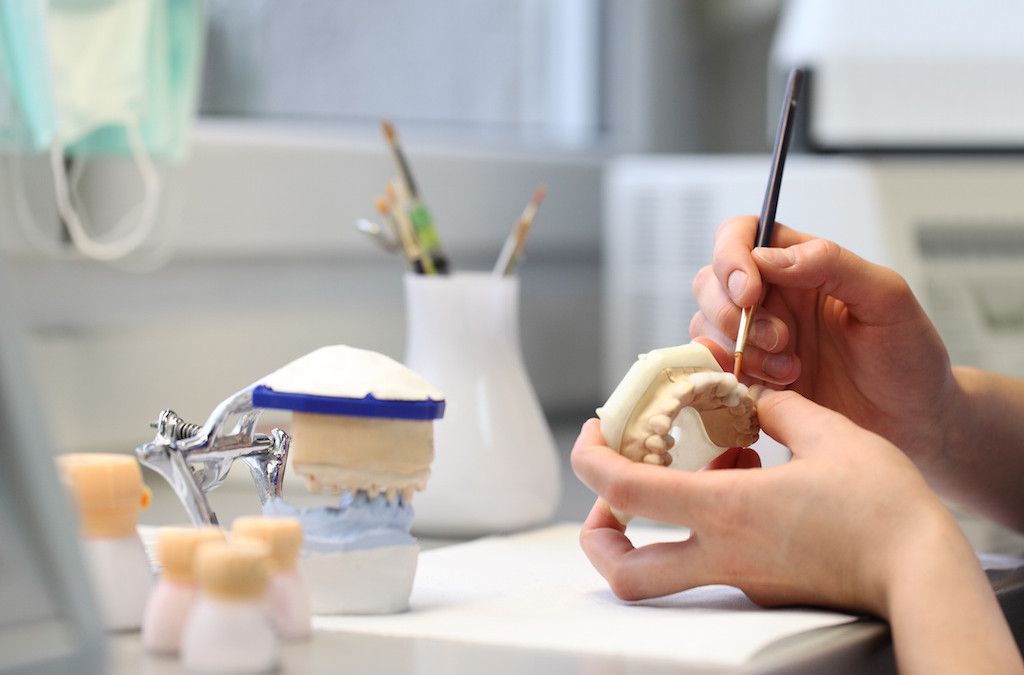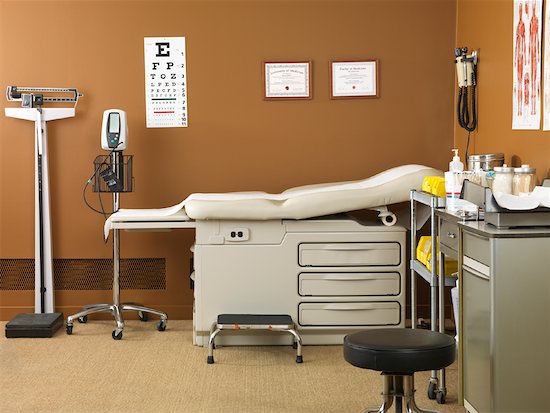
An Overview of the Dental School Curriculum
Look No Further. Get Started Today. Call: 888-839-9997 e-mail: [email protected] 20 Minutes Free Consultation By J Lin, DMD You’re finally a dental student, congratulations! Now the next step–getting that dental degree. There will be many hoops to jump through before you receive your doctorate. Let’s set you up for success early and give you a rundown on what to expect both clinically and didactically during your years as a dental student. Year One (D1): Standard curriculum includes basic sciences such as anatomy, biochemistry, pharmacology, microbiology, etc. These will be tested on the first board exam (NBDE part I). Students are also exposed to introductory dental classes including dental anatomy, head and neck anatomy, cariology, evidence based dentistry, etc. On the pre-clinical side, students will enter the simulation lab to wax-up teeth to supplement the dental anatomy didactic class. Hand skills for certain dental procedures will also be taught in the sim lab. Anatomy labs may involve dissecting or viewing models to learn head and neck anatomy (and sometimes gross anatomy). While some schools frontload the basic sciences so students can take NBDE part I in the summer after D1, some schools wait until D2 has been completed. Year Two (D2): If a school waits until after D2 for students to take the NBDE part I, then the basic science curriculum will continue into year two. Added to the curriculum will be introductory dental classes (restorative, endodontics, periodontics, pediatrics, prosthodontics, oral surgery, etc). More advanced hand skills will be developed in sim lab classes to complement the didactic knowledge gained. For most schools, before a student is allowed to...
Medical student success and 3rd year rotations
Look No Further. Get Started Today. Call: 888-839-9997 e-mail: [email protected] 20 Minutes Free Consultation How to succeed as a medical student on third year rotations When you are in medical school, much of your application to residency will be based on your performance on the third year clinical rotations. The most helpful thing to keep in mind is simply to put yourself in those people’s shoes who are evaluating you. Thus, we provide a brief guide to who is evaluating you and what they would want in a medical student. 1. Intern: “The intern is trying to take care of the minutiae involved in the hospitalizations of up to 10 patients at the same time. Anything that you can do to make his or her life easier will be much appreciated. This means really knowing the patients that you are assigned, allowing the intern to be less involved in that patient’s care and thus spread less thin. There are a lot of mundane tasks involved in taking care of patients, including getting outside records, figuring out how to send complex labs, etc. Help the intern out and he will love you. However, also appreciate that interns are very busy, so avoid the trap of being the ‘over-eager’ medical student who pesters the intern with excessive numbers of complex questions purely to show interest or hovers behind them repeatedly asking ‘what can I do for you next.'” 2. Resident: The resident is the de facto mind of the team and is there to make sure the patients are getting proper medical care. He is also demonstrating to the attending...
What to consider when choosing MD PhD programs
Look No Further. Get Started Today. Call: 888-839-9997 e-mail: [email protected] 20 Minutes Free Consultation By the Editorial Board As with any decision this sizeable, with MD PhD programs, there is no one right way of going about choosing which institution to attend, but here are some things to think about: 1) Location: Most MD PhD programs take 7-10 years to complete. That’s a significant chunk of your life, nearly 10%. So while you have to balance a lot of things when making your decision, think whether you want to live somewhere during a period of your life where you might enter single but leave married. When you interview, we encourage you to consider spending an extra day walking around town at programs you are seriously considering. 2) Clinical Program: Most MD PhD applicants come to the application process with a very research-oriented mindset. They look up labs, PubMed professors, and so on. That is all certainly important, but don’t neglect evaluating the clinical program as well. The reality is that you will be spending nearly 50% of your time as an MD student. Consider the following: Is the school pass-fail? Is the curriculum a block schedule? How much problem-based learning is involved? Are the medical students satisfied with their experience? It’s important to make sure that you will be happy with your clinical training. 3) Research Years Support: This can vary widely between institutions and can truly affect your experience, so ask about these details. How are you funded during your PhD years? PIs love students who are essentially “free” to them and are supported through a medical...
Working as a Medical Assistant Before PA School – A Student’s Experience
Look No Further. Get Started Today. Call: 888-839-9997 e-mail: [email protected] 20 Minutes Free Consultation By Jillian K. – Incoming PA Student When I first started researching prerequisites for PA school, I was daunted by the number of clinical hours that were required to make me a competitive candidate amongst an extremely qualified applicant pool. At the time, I was working in an infectious disease laboratory. To my dismay, I discovered that most schools listed the kind of work I did as one which they would not count towards clinical experience. I gave into the fact that I would need to find a position, either volunteer or paid, that would allow me to work directly with patients. I quickly ruled out volunteering as a means of obtaining clinical experience. Although I believe the various volunteer positions I held largely contributed to my PA school acceptance, volunteering in a clinical setting would not have allowed me to acquire the hands-on experience for which I was looking. I decided I would have to quit my laboratory job and get a new position in a clinical setting. As I poured over employment ads, I discovered that every entry-level position, working with patients, required some sort of certification. Refusing to let the obstacles stand in the way of entering PA school, I explored different certificate programs at community colleges nearest me. I was first interested in a CNA program because the certification would have only taken a couple of months to complete. Since I support myself financially, I decided that the pay of a CNA would not be feasible for my budget. I...
